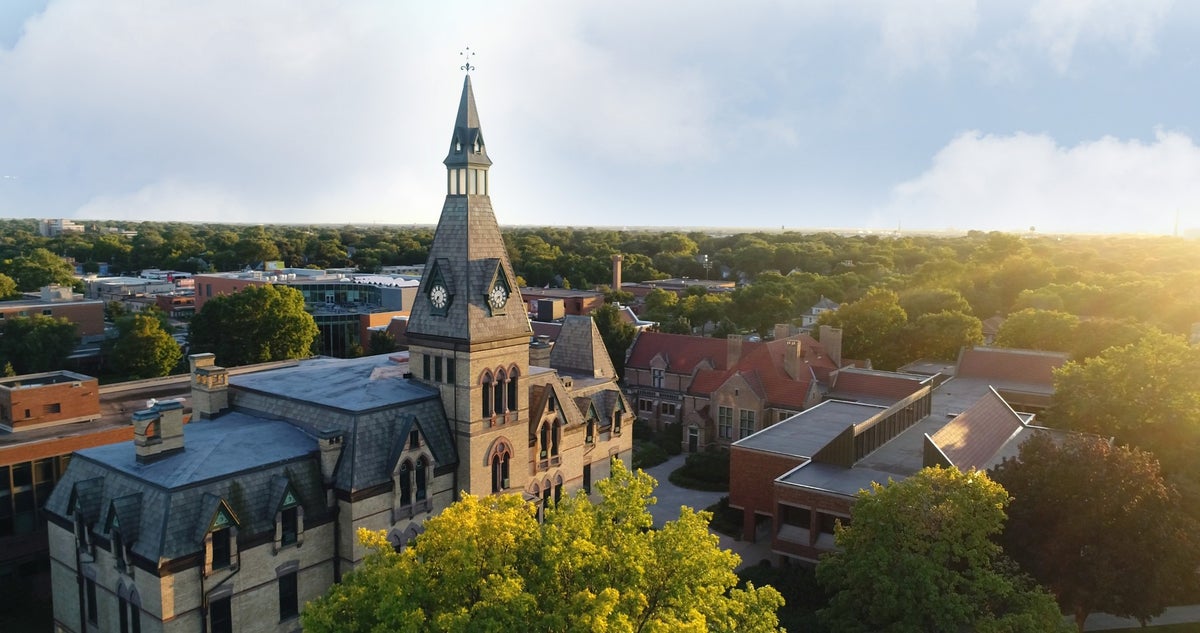
Minnesota’s Hamline University has stirred controvery by firing an adjunct art history professor after she showed paintings of the prophet Muhammad to students during a lecture.
Erika López Prater said she took many precautions before showing a 14th-century painting of the prophet to a global art history class, according to a report in The New York Times.
Ms López Prater said she had warned in her syllabus that images of holy figures, including the prophet and the Buddha, would be shown in the course.
She also asked students to contact her with any concerns and said no one did.
Before showing the image in class, she says she warned students that the painting would be displayed in a few minutes’ time, in case anyone wanted to leave.
She then displayed the image in class. Ms López Prater had also showed a second image from the 16th century which depicted the prophet wearing a veil.
She was subsequently let go from her teaching position.
“I do not want to present the art of Islam as something that is monolithic,” Ms López Prater told the Times.
She claimed she had been shown the image herself as a graduate student.
Nearly 8,000 people have now thrown their support behind Ms López Prater in a Change.org petition.
Many Muslims consider depictions of the prophet as being against Islam.
A senior in the class had complained to the university’s administration, according to the report.
The complainant, Aram Wedatalla, told a school newspaper in December that she had felt disrespected.
“I’m like, ‘This can’t be real’,” said Ms Wedatalla, who in a public forum described herself as Sudanese.
“As a Muslim and a Black person, I don’t feel like I belong, and I don’t think I’ll ever belong in a community where they don’t value me as a member, and they don’t show the same respect that I show them.”
The complaint was subsequently supported by other Muslim students who were not in the course but demanded action and said the class was an attack on their religion.
Ms López Prater was informed by university officials that her services would not be needed next semester.
University president Fayneese S Miller co-signed an email that said respect for the Muslim students “should have superseded academic freedom”.
While university officials had refused to comment, Dr Miller defended the decision in a statement.
“To look upon an image of the prophet Muhammad, for many Muslims, is against their faith,” the statement said.
“It was important that our Muslim students, as well as all other students, feel safe, supported and respected both in and out of our classrooms.”
Edward Ahmed Mitchell, the deputy executive director of the national chapter of the Council on American-Islamic Relations, said to the outlet that he did not have enough information about the incident at Hamline.
“Intent and circumstances matter,” he said, “especially in a university setting, where academic freedom is critical and professors often address sensitive and controversial topics”.







